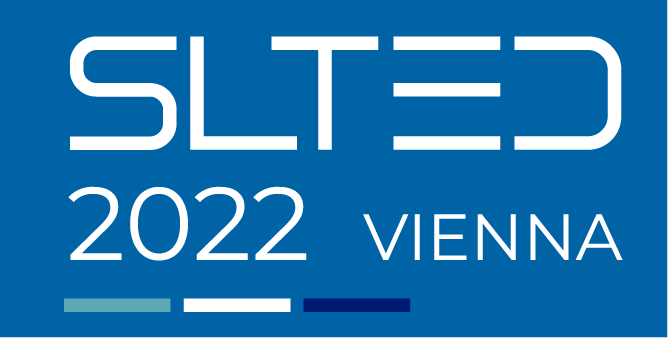Global Principles – Local Practices: Developing Language Assessment Literacy in Second Language Teacher Education
Organisers: Helen Heaney (University of Vienna, Austria) & Armin Berger (University of Vienna, Austria)
Invited Speakers: Henrik Bøhn (University of South-Eastern Norway), Kathrin Eberharter (University of Innsbruck, Verbund West, Austria), Ulla Fürstenberg (University of Graz, Verbund Süd-Ost, Austria), Benjamin Kremmel (University of Innsbruck, Austria), Guenther Sigott (University of Klagenfurt, Verbund Süd-Ost, Austria), Dina Tsagari (Oslo Metropolitan University, Norway), Karin Vogt (University of Education Heidelberg, Germany), Thomas Wagner (University of Education Upper Austria, Verbund Mitte, Austria)
With teachers spending a considerable amount of their time assessing students’ achievement, progress, and proficiency, assessment is an essential field of teacher activity. It is well proven both empirically and experientially that assessment and feedback are crucial factors in student learning. Professional competence in the field of language testing and assessment, commonly referred to as Language Assessment Literacy (LAL), is therefore an essential requisite for all language teachers. However, although language testing and assessment is increasingly being anchored in second language teacher education, pre-service teachers often lack an adequate degree of LAL for their future careers. It is in this context, between the poles of increasing importance and insufficient levels of LAL, that meta-reflection on what constitutes professional competence in the field of language testing and assessment has gained momentum internationally. What do language teachers need to know about assessment? What skills do they require? What principles should they apply? While there is still much debate about what precisely constitutes LAL, the focus of attention has recently shifted from the knowledge and skills teachers are thought to require for assessing their students' language competence to levels of LAL and learning trajectories. At the same time, there is a growing understanding that within a possible global canon of LAL components, local language assessment literacies may be more appropriate in specific contexts. Our two sessions explore some of the interfaces between global principles and local practices.
Local practices
First, representatives of the four clusters of secondary teacher education programmes in Austria outline the main features of testing and/or assessment courses offered by English departments at both BEd and MEd level. What courses in all four clusters have in common is a combination of discussions on theoretical input (e.g., test purpose, usefulness, and formats, etc.) with practical applications relating to classroom testing/assessment, the standardized school leaving examination, a selection of skills/language systems, and the CEFR. Local differences will be revealed during the 15-minute presentations, followed by 30 minutes of Q&A.
Presenters:
Armin Berger, University of Vienna (Verbund Nord-Ost)
Kathrin Eberharter, University of Innsbruck (Verbund West)
Guenther Sigott, University of Klagenfurt, and Ulla Fürstenberg, University of Graz (Verbund Süd-Ost)
Thomas Wagner, University of Education Upper Austria (Verbund Mitte)
Global principles
Then a distinguished panel of international experts consisting of Dina Tsagari (Oslo Metropolitan University), Karin Vogt (University of Education Heidelberg), and Henrik Bøhn (University of South-Eastern Norway) explore a range of topics such as present and future developments in LAL, the changing knowledge and skills base, the role of context and experience in LAL development, and the relationship between LAL and language pedagogy. Acting as discussant, Benjamin Kremmel (University of Innsbruck) synthesises the contributions and provides a perspective for discussion.
